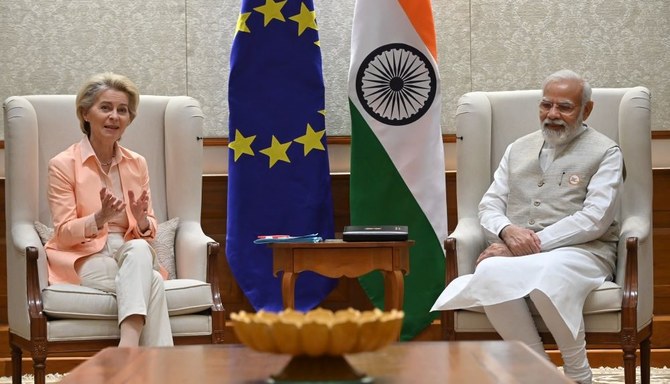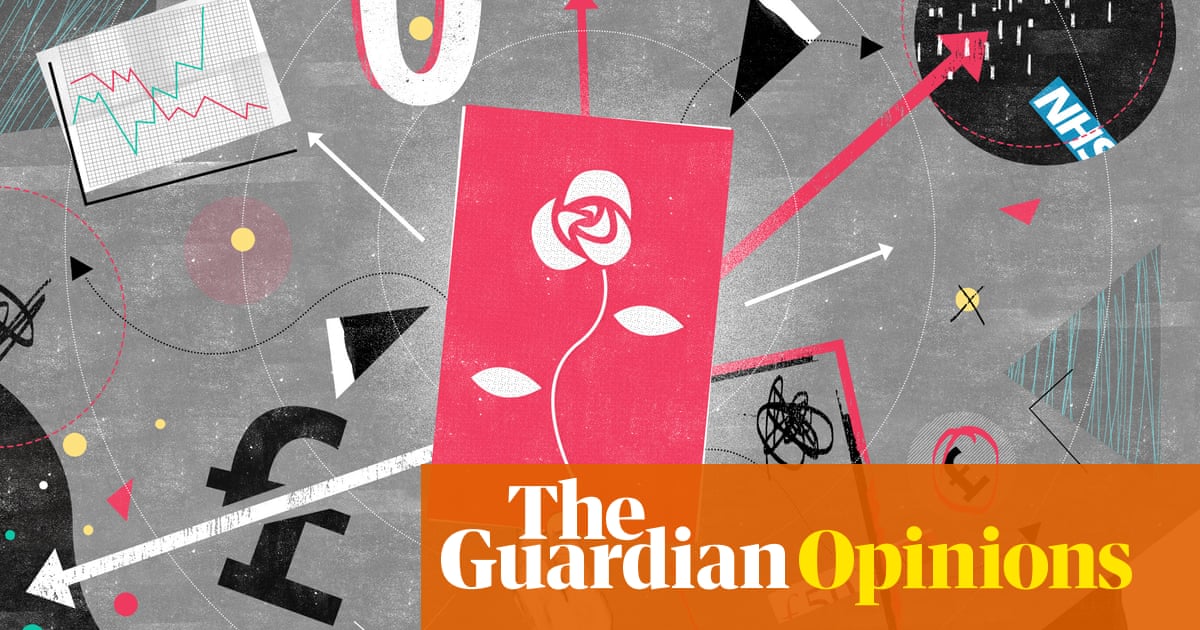
At the UN Security Council last week, the Finnish representative read out a statement critical of Israel on behalf of the EU. However, one EU member state was absent. This fly in the ointment was Hungarian.
Unusually, the statement went ahead, but with Hungary missed out from the list of countries that supported it. The Hungarian foreign minister protested, as EU foreign policy is meant to be by unanimous consent.
Why did the EU ignore Hungary’s veto? The immediate irritation was clear. Hungary had tried to scupper this at the last moment, undermining a long-term EU policy stance. But underlying this is also much deeper frustration with Hungary under the semi-authoritarian rule of Viktor Orban and his party, Fidesz. The EU has an Orban problem.
A year ago, Orban chalked up his third consecutive election victory in Hungary, giving him four wins in total. He is Hungary’s most pre-eminent and gifted politician of his generation, something even his harshest critics acknowledge. In 1998, he was elected at just 35 — the youngest ever leader of Hungary and, at the time, the youngest prime minister in Europe.
Many Hungarians wonder whether Fidesz can be beaten in a fair and free election any time soon. Aside from anything else, the opposition is in chaos, with no realistic alternatives on the horizon.
Orban has created a hybrid authoritarian system with a vestigial democratic element, arguably a semi-dictatorship. Technically he could be voted out of office, but such is his power and the lame fig-leaf opposition, this seems unlikely. Orban and his cohorts control much of the media and its news coverage is a chilling reminder of communist-era broadcasts. Civil society has been gutted.
Added to that, gerrymandered electoral constituency boundaries make it even harder for his opponents to challenge him. He got compliant crony friend Janos Ader elected as president in 2012.
The separation of powers is history. He loaded courts with loyalist judges and set up a parallel administrative courts system last December. A new law allows the government to sack civil servants at any time. Another allows Parliament to pass legislation in less than two days. Parliament, even though firmly in the hands of Fidesz, has lost much of its powers of scrutiny and oversight.
As Orban said in opposition: “We have only to win once, but then properly.” Ever since his overwhelming win in 2010, he has proved that to be true.
The Hungarian leader is not shy of asserting his long-term ambitions to stay in power for the next 10 or more years. It is the hallmark of a man utterly confident in his unassailable position. He has established, in his own words, “an illiberal democracy.”The EU is meant to be a union of liberal democracies, yet Orban has clashed with pretty much every EU institution. He revels in it, whilst not pausing to consider that it was the EU that helped bail Hungary out after the 2008 financial crisis.
EU frustrations do not end with concerns over the lack of democratic practice. Orban has engaged in nakedly racist, anti-Semitic, anti-Roma and anti-Muslim statements and policies. He has said “we do not want our (Hungarian) color, traditions and national culture to be mixed with those of others.”
The anti-Semitism involved in his hostile campaign against George Soros, the Hungarian-born Jewish philanthropist, is particularly obvious. Oddly enough, in his youth, Orban worked for Soros’ Open Society Foundation, which even sponsored a research project for Orban at Oxford University. He showed little gratitude. During his 2018 election campaign, Orban attacked Soros practically every day. The government passed legislation targeting him and his organizations, including forcing the Soros-funded Central European University to relocate to Vienna. In addition, Orban regularly praises the Nazi-allied wartime leader of Hungary, Miklos Horthy. And he rejects Hungary’s responsibility for the deportation and murder of 560,000 Hungarian Jews, many in Nazi concentration camps (but none of this has stopped Israeli Prime Minister Benjamin Netanyahu making Orban one of his closest EU allies).
Orban also boasts about being dedicated to a Christian Europe and against the advance of Islam. He has framed Hungary as being the front line of defense of the Christian West in the face of refugees. To back this up, he had a 500-kilometer fence built along the southern border and manned by the army to keep refugees out. Hungary refuses to take its allotted EU quota of refugees or, as Orban terms them, “Muslim invaders.” Such is his hostility to immigrants, he is using tax incentives to encourage Hungarian women to have at least four children to solve future labor shortages (Orban and Fidesz are not supportive of women’s role in politics).
Another EU concern is Orban cozying up to President Vladimir Putin of Russia. He has slammed EU sanctions on Russia and the two leaders seem to have much in common, including their style of leadership. Orban openly praises Russia, China and Turkey as successful models of governance. He likes dictators.
Orban despises the EU and takes pleasure in ignoring its rules. Nikola Gruevski, the former prime minister of Macedonia and an Orban ally, has claimed asylum in Hungary even though he was facing a prison sentence for corruption in his home nation.
This is not an easy nut for the EU to crack. Orban has powerful allies, not least in US President Donald Trump. However, the European People’s Party finally decided to suspend Fidesz in March, though sadly not to expel it.
The EU has massive leverage over Hungary, not least financial. If Orban wants to ride roughshod over democratic norms and facilitate racism and hatred, the EU must take a stand. Otherwise, the danger is that, where he goes, others will follow.












